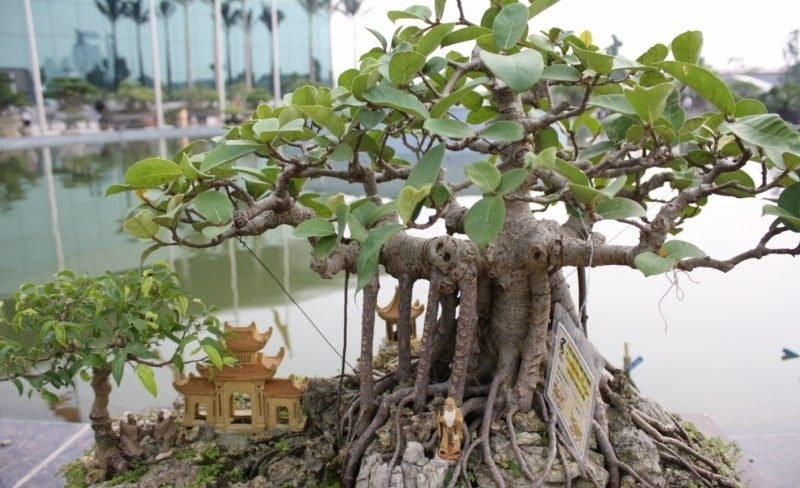Feng shui, or the art of harmonizing one’s environment, considers the placement of plants and their impact on the flow of energy, or qi. In this belief system, certain plants are believed to bring good fortune and health, while others can have a detrimental effect on the well-being and prosperity of the inhabitants.
What are Yin Plants and Why Do They Harm the Homeowners?
Yin plants, as referred to in folk belief, are those that possess an overly strong yin, or feminine, energy. These plants typically grow in cold, damp, and low-lying areas such as cemeteries, temples, and desolate places. Their resilience and ability to thrive in such conditions are seen as a sign of their strong yin presence.
The concern arises when these plants are placed too close to the home, particularly near the entrance, which is considered the “mouth of qi” where positive energy and opportunities enter. The vibrant health of yin plants can then become a problem, as their vigorous growth can attract and amplify negative energy, leading to a range of issues for the homeowners.

Three Types of Yin Plants to Avoid Planting Near Your Home’s Entrance
1. Mulberry Tree (Morus alba)
The Mulberry Tree, with its scientific name “Morus,” shares a homophone with the Chinese character for funeral (“sāng”). This tree has a strong yin presence and is often used to ward off evil spirits. However, when placed near the home, it can inadvertently attract and trap negative energy, impacting the mental health and financial stability of the residents.
2. Weeping Willow (Salix babylonica)
The Weeping Willow, with its graceful, drooping branches, is a symbol of melancholy and regret. Often found near rivers, cemeteries, and places of worship, the willow tree represents sadness and a lack of upward growth. When planted near the home, it can obstruct the flow of positive energy and bring bad luck, especially for those involved in business, as “weeping willow” foreshadows decline and financial loss.
3. Banyan and Sacred Fig (Ficus benghalensis and Ficus religiosa)
Despite their majestic appearance and spiritual significance, the Banyan and Sacred Fig trees are not recommended near the home’s entrance. These trees have a strong ability to absorb and retain yin energy, often serving as dwellings for spirits in temples and shrines. If they thrive too close to the home, they can attract and amplify negative energy, leading to health issues, disputes, and financial losses for the residents.

What Does It Mean When Yin Plants Grow Near Your Home’s Entrance?
In some cases, yin plants may spontaneously grow near the entrance, such as the banyan, wild fig, or clusters of weeds. Folk belief suggests that this is a sign of accumulating yin energy and potential issues with the home’s long dragon vein, or energy line.
If these plants persistently grow back, even after being cut down, it is advisable to pay attention to any unusual occurrences within the household, such as frequent illnesses, arguments, financial stagnation, or money mysteriously going missing. These could be signs that the home’s feng shui needs adjustment, particularly in the area around the main entrance.
What to Do If You Have Yin Plants Near Your Home’s Entrance
- Remove the yin plants if possible, especially if they are not needed.
- After removing the plants, sprinkle salt over the area and plant yang-inducing plants such as roses, perilla, and yellow mai to restore balance.
- Maintain cleanliness near the entrance, sweeping away fallen leaves and ensuring there is no stagnant water to prevent a buildup of negative energy.
- Place rose quartz crystals, wind chimes, or a bagua mirror (if necessary) near the entrance to invite positive energy into the home.
While plants are integral to a vibrant home, it is essential to be mindful of their placement, especially in feng shui. Yin plants, despite their lush growth, can bring about a host of problems, signaling a decline in fortune. Homeowners are advised to take proactive measures to maintain a harmonious and prosperous living environment.
(Disclaimer: This article is for entertainment purposes only and should not be taken as professional advice.)





























